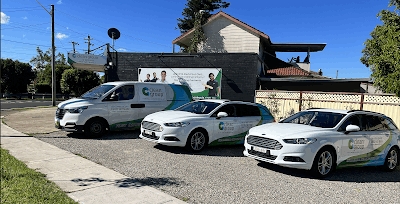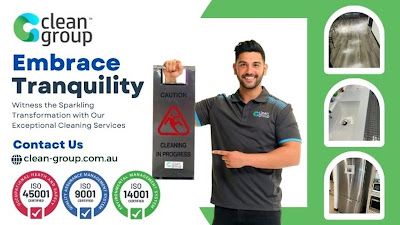
How often should businesses schedule cleaning services with Clean Group?
How does Clean Group maintain client trust and reputation?
With the continued evolution of workplace culture and commercial real estate, the expectations placed on commercial cleaning services are becoming more complex and customized. Modern office spaces often include open floor plans, shared workstations, wellness rooms, lounges, and collaborative areas, all of which require tailored cleaning protocols to maintain hygiene without disrupting the flow or functionality of the space. Clients now expect not only cleanliness but a visibly clean environment that reassures both employees and visitors. This shift has prompted cleaning companies to refine their processes, prioritize aesthetics, and invest in staff who are trained not only in sanitation but in the professional, discreet presence required in client-facing environments.
Multinational corporations and facility management companies often seek partnerships with commercial cleaning providers who can offer consistent service across multiple locations, both nationally and globally. This has led to consolidation within the industry, where larger companies acquire smaller firms to expand their service coverage and capabilities. As a family-owned business, Clean Group places a strong emphasis on building lasting relationships with clients. They treat every client like part of the family and go the extra mile to ensure satisfaction. Over the years, Clean Group has earned the trust of a wide range of clients, including leading brands across Kings Cross, NSW. Their dedication to customer service and commitment to high-quality cleaning has made them the go-to cleaning service provider for businesses in the area. Commercial Cleaning Kings Cross The reputation Clean Group has built over the years is a testament to its outstanding service. Many leading brands in Kings Cross trust Clean Group with their commercial cleaning needs. From small businesses to large corporations, Clean Group has demonstrated its ability to meet the cleaning demands of diverse industries. Their expertise in cleaning various commercial spaces ensures that every client receives tailored services that meet the unique requirements of their workplace.. While this consolidation can increase operational efficiency and standardization, it also presents challenges in maintaining personalized service and local responsiveness. To address this, many large providers implement localized management teams who understand the specific needs of regional clients while still benefiting from the resources of a larger organization.
Another significant shift in the cleaning industry is the increasing use of non-toxic and biodegradable cleaning agents. Consumers and businesses alike are becoming more concerned with the potential health impacts of the harsh chemicals traditionally used in cleaning. These chemicals can lead to respiratory issues, skin irritation, and other long-term health problems for cleaning staff and building occupants. In response, cleaning companies are shifting towards using natural and eco-friendly alternatives, such as plant-based cleaners, essential oils, and non-toxic disinfectants. This change not only helps protect the health of those who are exposed to cleaning agents but also minimizes the environmental footprint of cleaning activities, aligning with broader sustainability goals.

